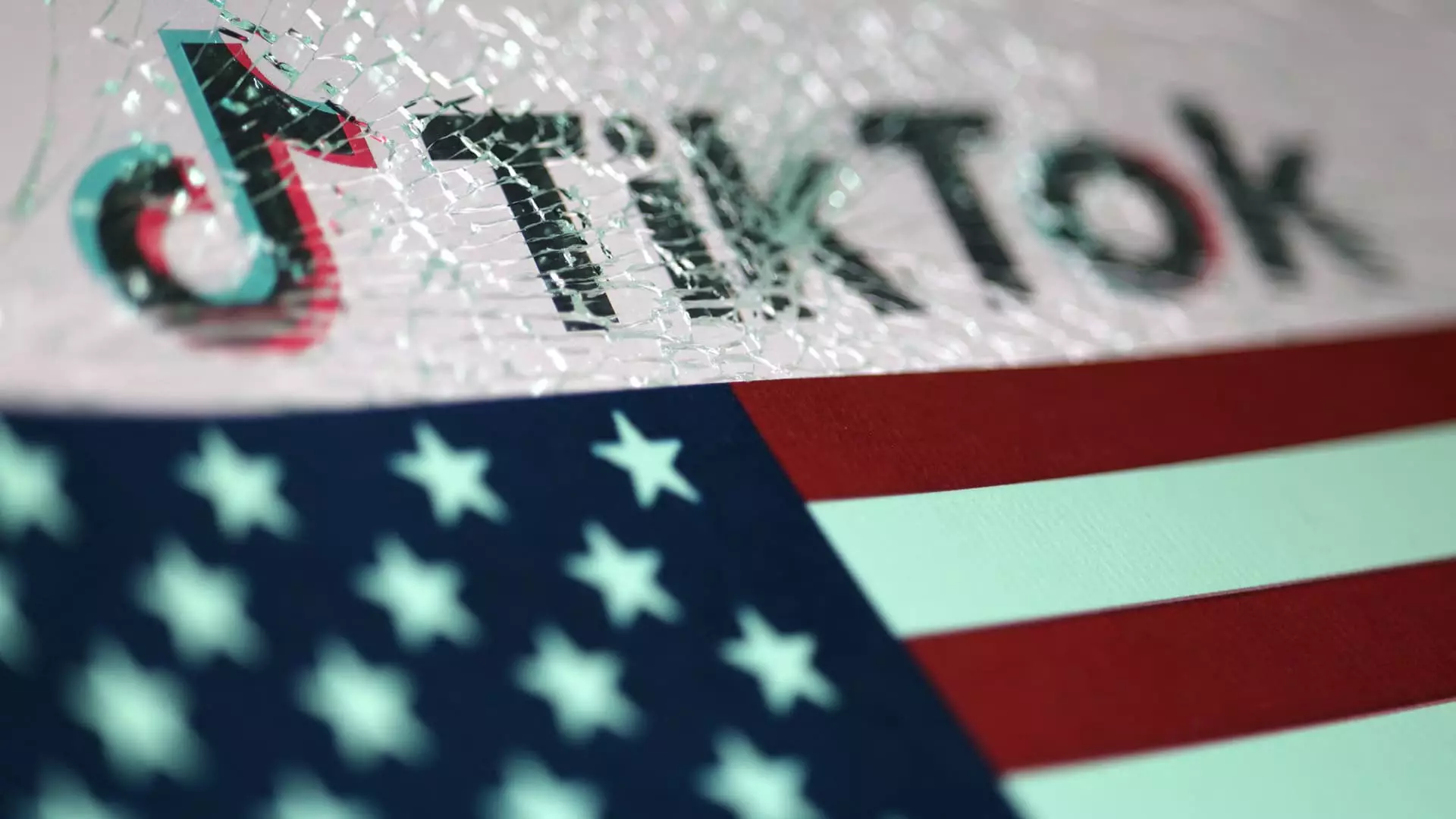TikTok, the immensely popular social media platform, finds itself in a precarious situation as political dynamics continue to shape its presence in the United States. Following a tumultuous 24 hours where a ban loomed large, President-elect Donald Trump took to his social media app, Truth Social, to announce a forthcoming executive order aimed at postponing the implementation of the ban on TikTok. This depiction of leadership highlights not only the app’s significant cultural imprint but also the intricate interplay between technology, policy, and individual rights in America.
In a clear gesture of defiance and resilience, TikTok communicated its intent to restore access to American users. The company’s statement emphasized its gratitude towards Trump for offering clarity to service providers, which include major tech companies like Apple and Google. By reassuring these entities that they would not face penalties for enabling TikTok operations in the U.S., the Trump administration appears to be seeking a collaborative approach rather than a confrontational one. TikTok articulated its commitment to the First Amendment principles, framing the impending ban as an arbitrary act of censorship that stifles free expression.
This emphasis on the First Amendment is pivotal. The legal rationale behind the attempted ban rests on national security concerns related to TikTok’s Chinese ownership by ByteDance. However, arguing for user rights against the backdrop of potential censorship allows TikTok to position itself not merely as a social media platform but as a defender of fundamental American values. Such a narrative resonates particularly well with a diverse user base comprising over 170 million Americans and millions of small businesses relying on the platform for outreach and services.
Trump’s announcement reflects a strategic maneuver in the political chess game surrounding One of the most talked-about apps of the decade. His call to other companies to keep TikTok operational signifies an understanding that eradicating the app entirely may not be in the best interests of millions of American users. Furthermore, Trump’s inclination toward a joint venture where the U.S. holds a significant stake in TikTok brings a nuanced perspective to foreign ownership and technological sovereignty.
However, this proposition faces significant hurdles, primarily stemming from ByteDance’s insistence on maintaining ownership. Their stance on not selling the company casts doubt on the feasibility of Trump’s vision, revealing a potential impasse. The Supreme Court’s recent ruling to uphold the ban illustrates a robust legal foundation for the government’s approach but also emphasizes the critical need for clearer pathways to resolve the ownership dilemma to sustain TikTok’s place in the American market.
As TikTok navigates this uncharted territory, the future remains clouded with uncertainty. The partnership between government, international companies, and social media platforms raises questions about the very fabric of digital interaction and economic practice in the United States. Continuous collaboration could yield a long-term remedy that accommodates security concerns while preserving user engagement.
While TikTok breathes a temporary sigh of relief amidst its ongoing struggles, the interplay of U.S. politics and international enterprise remains fraught with complexities. The need for adaptable governance that respects digital rights while safeguarding national interests is more pressing than ever, as the outcomes will not only affect TikTok but also set precedence for the entire tech landscape moving forward.

Leave a Reply